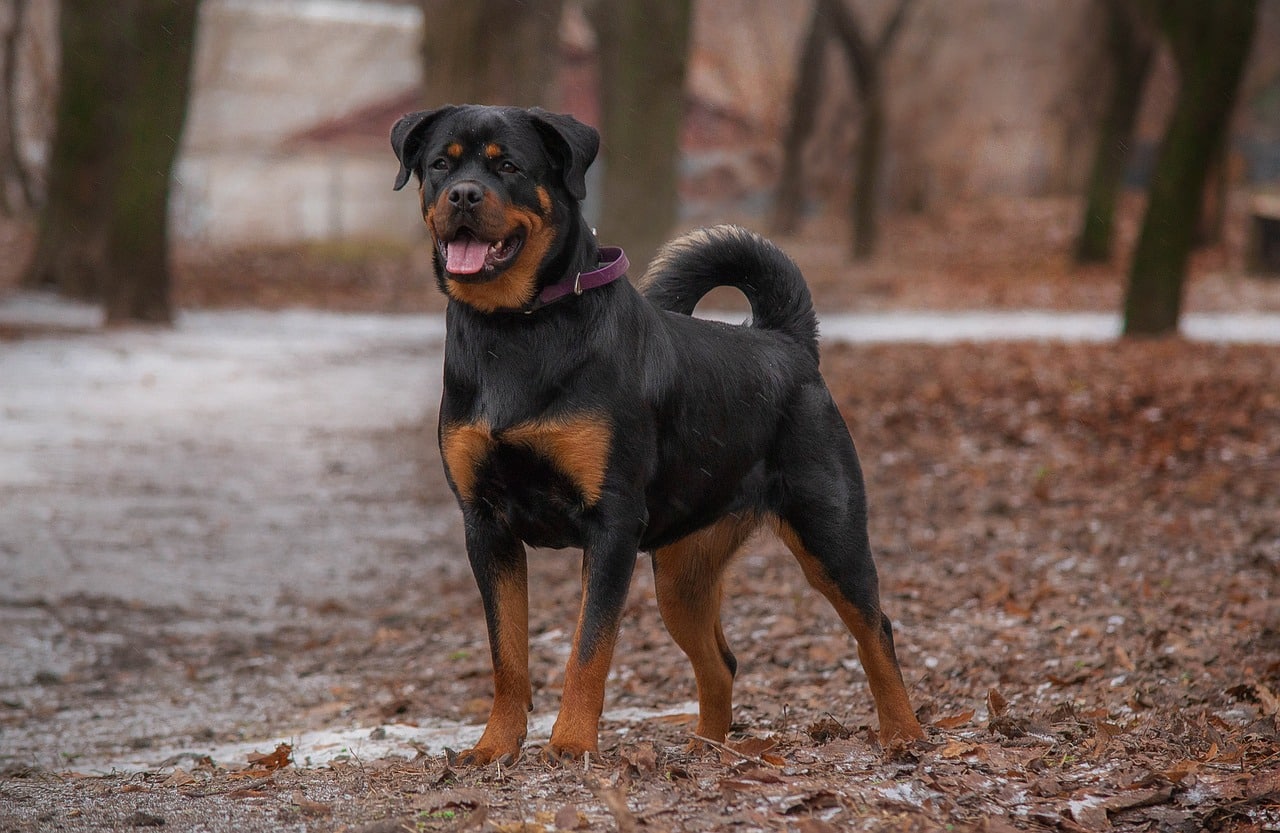 Shutterstock
Shutterstock
Rottweilers are known for their impressive strength, loyalty, and intimidating presence. These powerful dogs have a rich history as working animals, from herding cattle to serving in the police and military. While they make incredible companions for the right owner, they’re not a perfect match for everyone. Rottweilers require a special kind of care, understanding, and commitment that not every dog lover is prepared for. Before deciding to bring a Rottweiler into your home, it’s essential to understand the unique challenges and responsibilities of owning this breed.
High Energy Levels
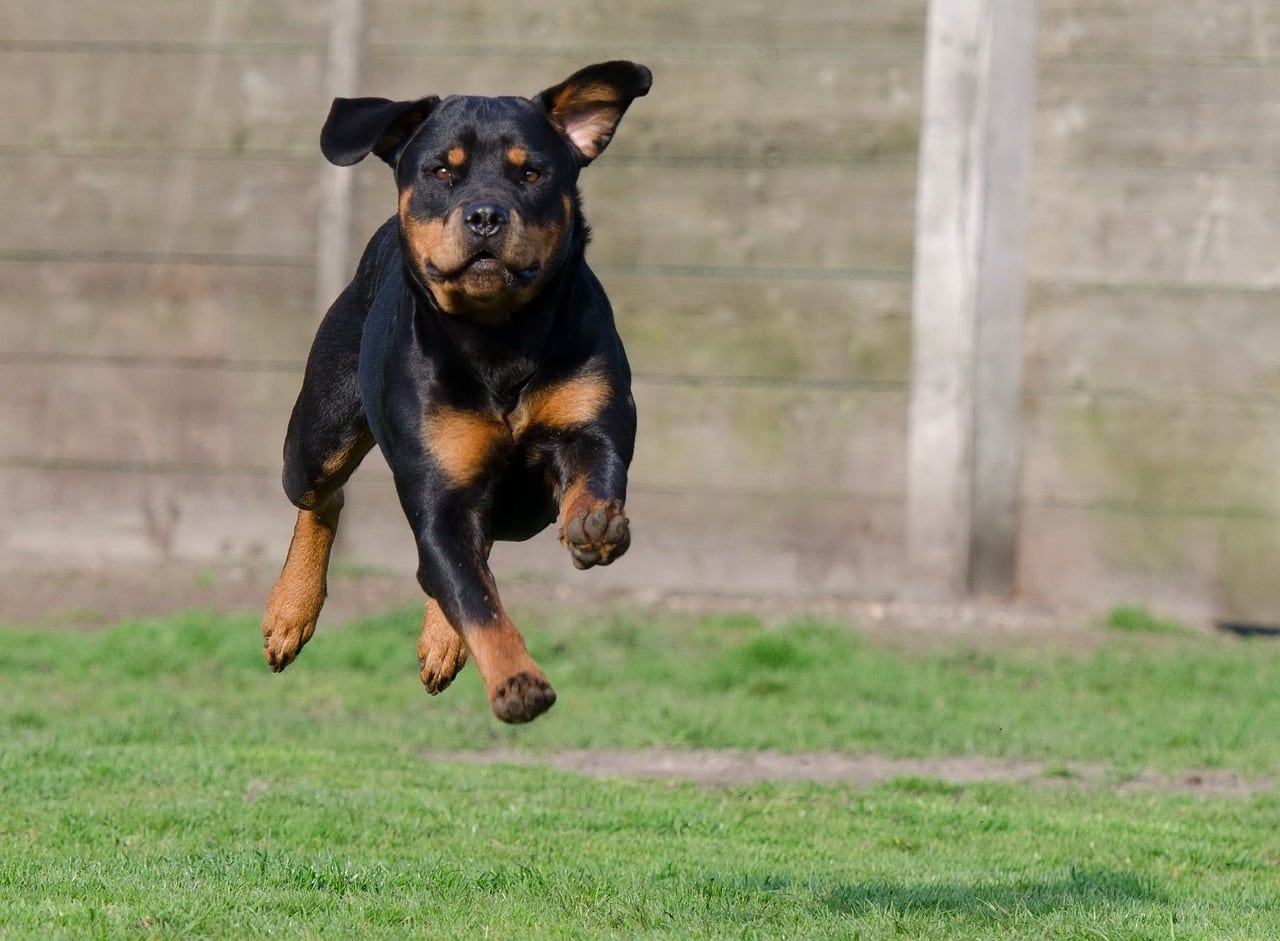 Shutterstock
Shutterstock
Rottweilers are energetic and need plenty of exercise to stay healthy and happy. Daily walks, playtime, and mental stimulation are necessary to prevent boredom, which can lead to destructive behaviors. A Rottweiler might not be the best fit if you cannot commit to regular, vigorous exercise. They thrive in homes with active owners who enjoy outdoor activities like running, hiking, or playing fetch. A tired Rottweiler is a happy Rottweiler, but they can become restless and hard to manage without enough exercise.
Strong-Willed Personality
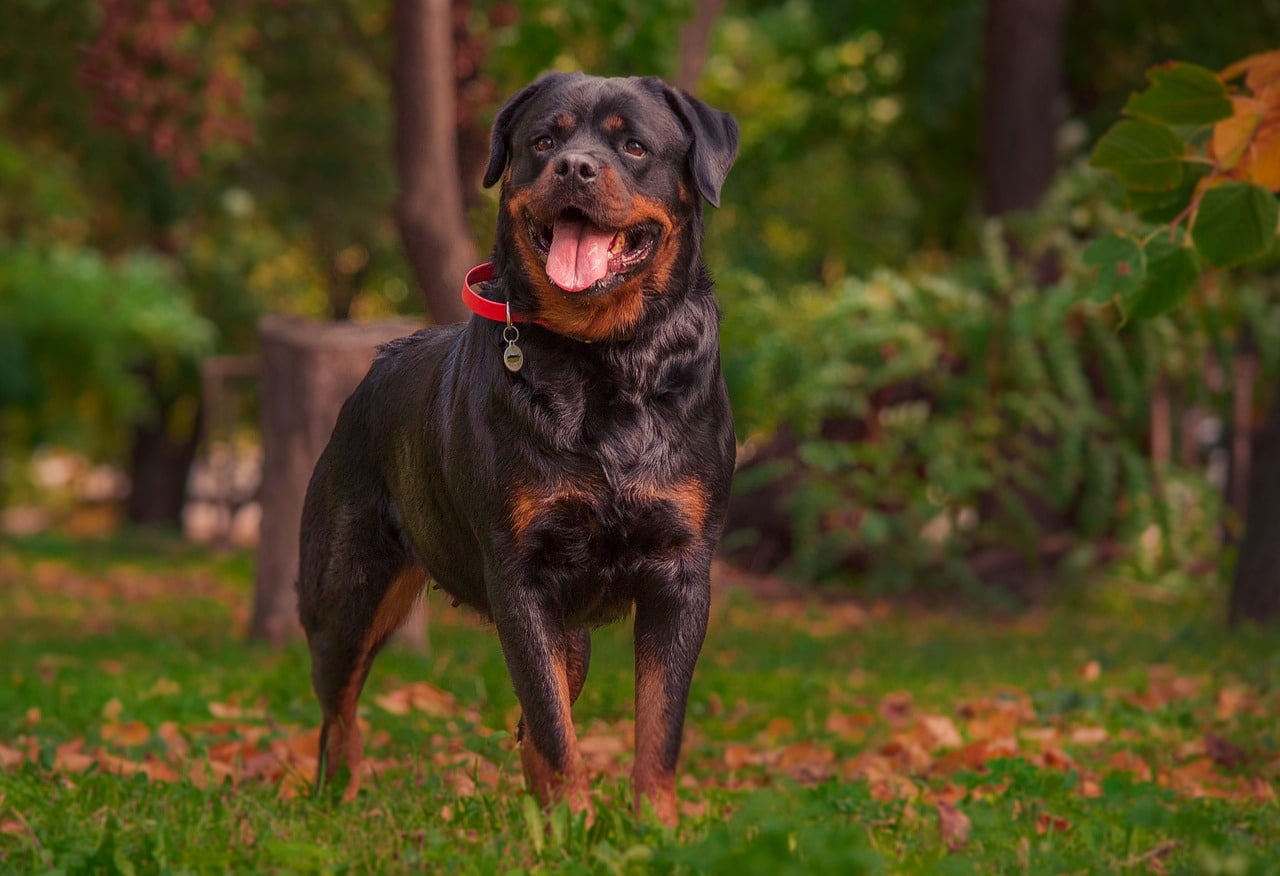 Shutterstock
Shutterstock
Rottweilers are known for their strong-willed and independent nature. This breed has a mind; without proper training, it can become stubborn and challenging to control. They need a confident owner who can establish themselves as leaders using positive reinforcement techniques. Rottweilers thrive when they have clear boundaries and know what is expected of them. If uncomfortable with firm, consistent training, this breed might push the limits and test your patience. First-time dog owners’ determination can be overwhelming.
Not Ideal for Small Living Spaces
 Shutterstock
Shutterstock
Rottweilers are large, muscular dogs with plenty of room to stretch out and move around. Living in a cramped apartment or small space can be stressful for these dogs, as they thrive in homes with yards where they can roam and play. While they can adapt to apartment living if given enough exercise, their size and need for space make them better suited to larger living environments. If you don’t have access to a yard or nearby areas where they can run, you may find it difficult to keep a Rottweiler content.
Intimidating Appearance
 Shutterstock
Shutterstock
Rottweilers are known for being intimidating due to their muscular build and powerful presence. While many Rottweilers are sweet and loving with their families, their appearance can make people nervous, especially those unfamiliar with the breed. Living in a neighborhood where people are uncomfortable around large dogs can be a challenge. Their protective nature can also cause strangers to feel uneasy, even when the Rottweiler is just trying to be friendly. The Rottweiler’s imposing presence might not be ideal if you’re looking for a dog that easily blends into social situations.
Prone to Health Issues
 Shutterstock
Shutterstock
Rottweilers are prone to several health problems, particularly their large size. They are at risk for hip and elbow dysplasia, heart conditions, and certain types of cancer. Regular vet visits, a proper diet, and careful health monitoring are essential to ensure they live a long and happy life. The potential for high medical expenses is something to consider before bringing a Rottweiler into your home. If you’re not prepared for the possibility of frequent vet visits or the cost of managing health issues, this breed may not be the best choice for you.
 Shutterstock
Shutterstock
Rottweilers are naturally protective, and this trait can become problematic without proper socialization. Early socialization with other dogs, people, and different environments is crucial to ensure they grow into well-adjusted adults. This means taking them to puppy classes and dog parks and exposing them to various situations. A Rottweiler that hasn’t been socialized properly may become fearful or overly aggressive in new situations. A Rottweiler’s natural guarding instincts might become difficult to manage if you don’t have the time or resources to commit to consistent socialization.
High Shedding and Grooming Needs
 Shutterstock
Shutterstock
Although Rottweilers have short coats, they shed quite a bit, especially during seasonal changes. Regular brushing is needed to keep their coat healthy and to manage shedding. Rottweilers also require regular nail trimming, ear cleaning, and dental care to keep them in top shape. If you’re unwilling to dedicate time to their grooming needs, you might constantly deal with fur around the house. While they don’t require fancy grooming like some long-haired breeds, keeping a Rottweiler’s coat in good condition does take effort.
Needs a Job to Do
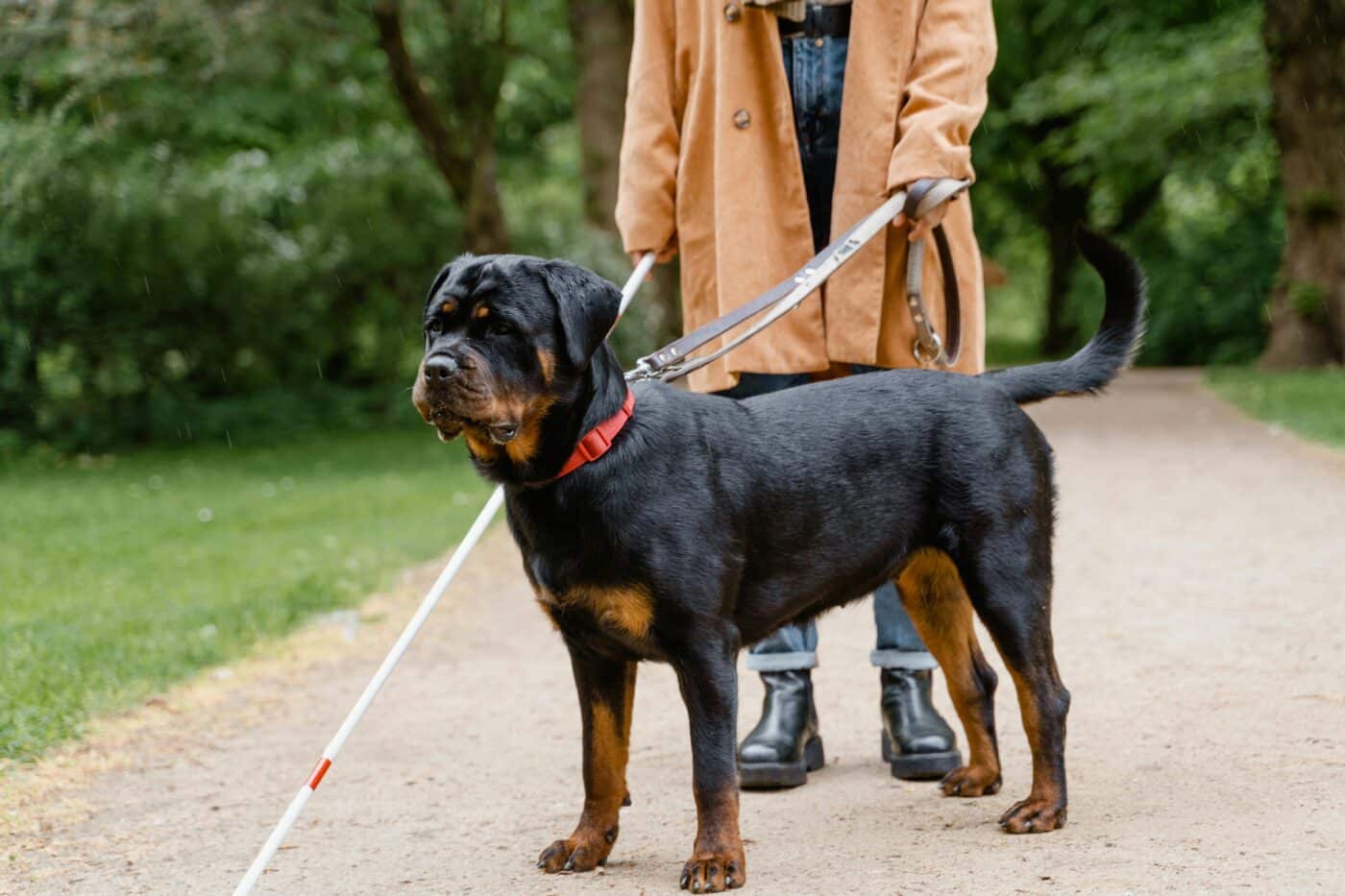 Shutterstock
Shutterstock
Rottweilers are highly intelligent and have a strong work ethic. They thrive when they have a job or purpose, whether through advanced obedience training, agility, or even just playing fetch. They can become bored and potentially destructive if they don’t have an outlet for their intelligence and energy. Rottweilers love to be challenged mentally and need an owner who can provide them with tasks or training to keep their minds engaged. A Rottweiler might not be the right fit if you’re looking for a low-maintenance dog that doesn’t require much stimulation.
Not the Best Choice for Households with Small Children
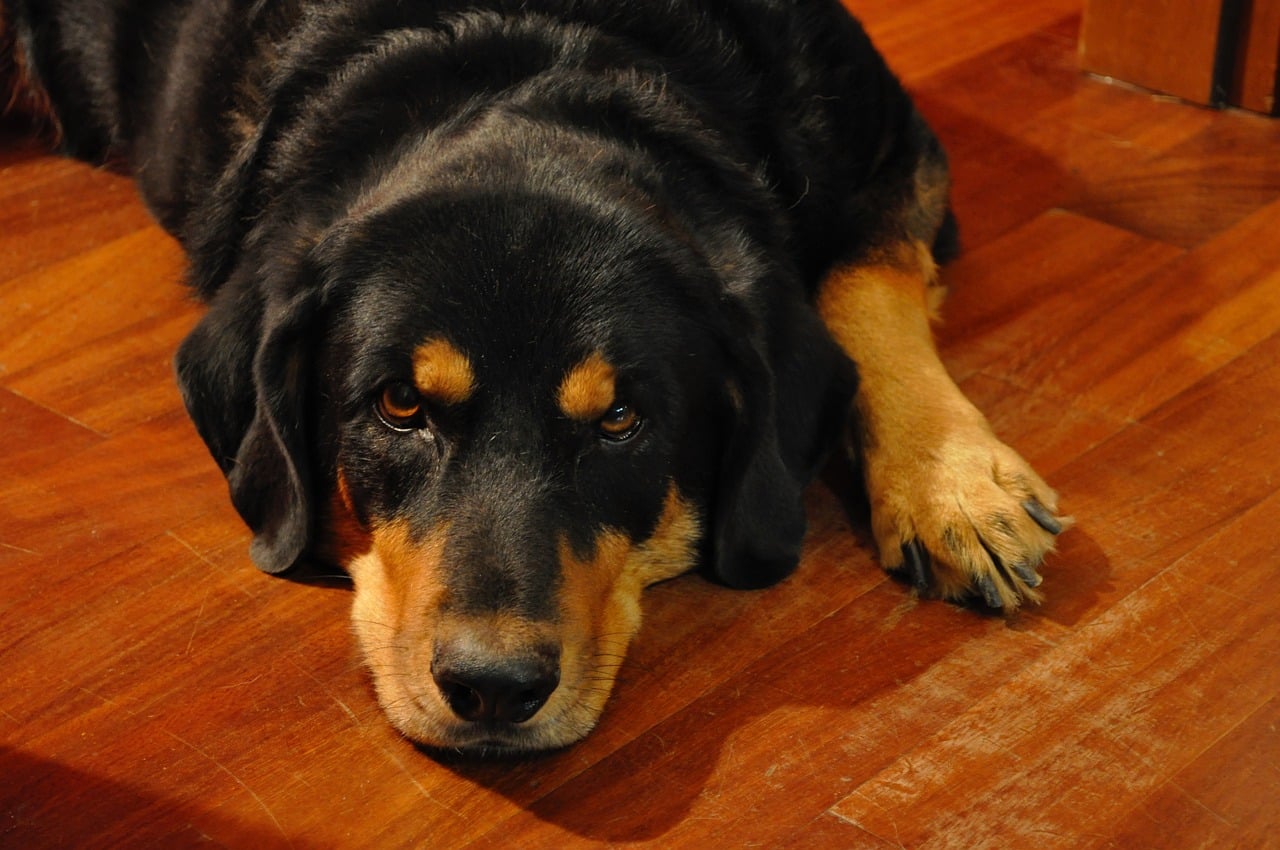 Shutterstock
Shutterstock
Rottweilers can be great with children, but their size and strength can overwhelm small kids. They might accidentally knock over a child during playtime or become overly protective if they feel the child is in danger. Rottweilers require careful supervision when interacting with young children to ensure everyone stays safe. Families with older children may find them wonderful companions, but those with toddlers might need to consider the challenges of managing such a powerful dog around small kids.
Protective Nature Can Be Challenging
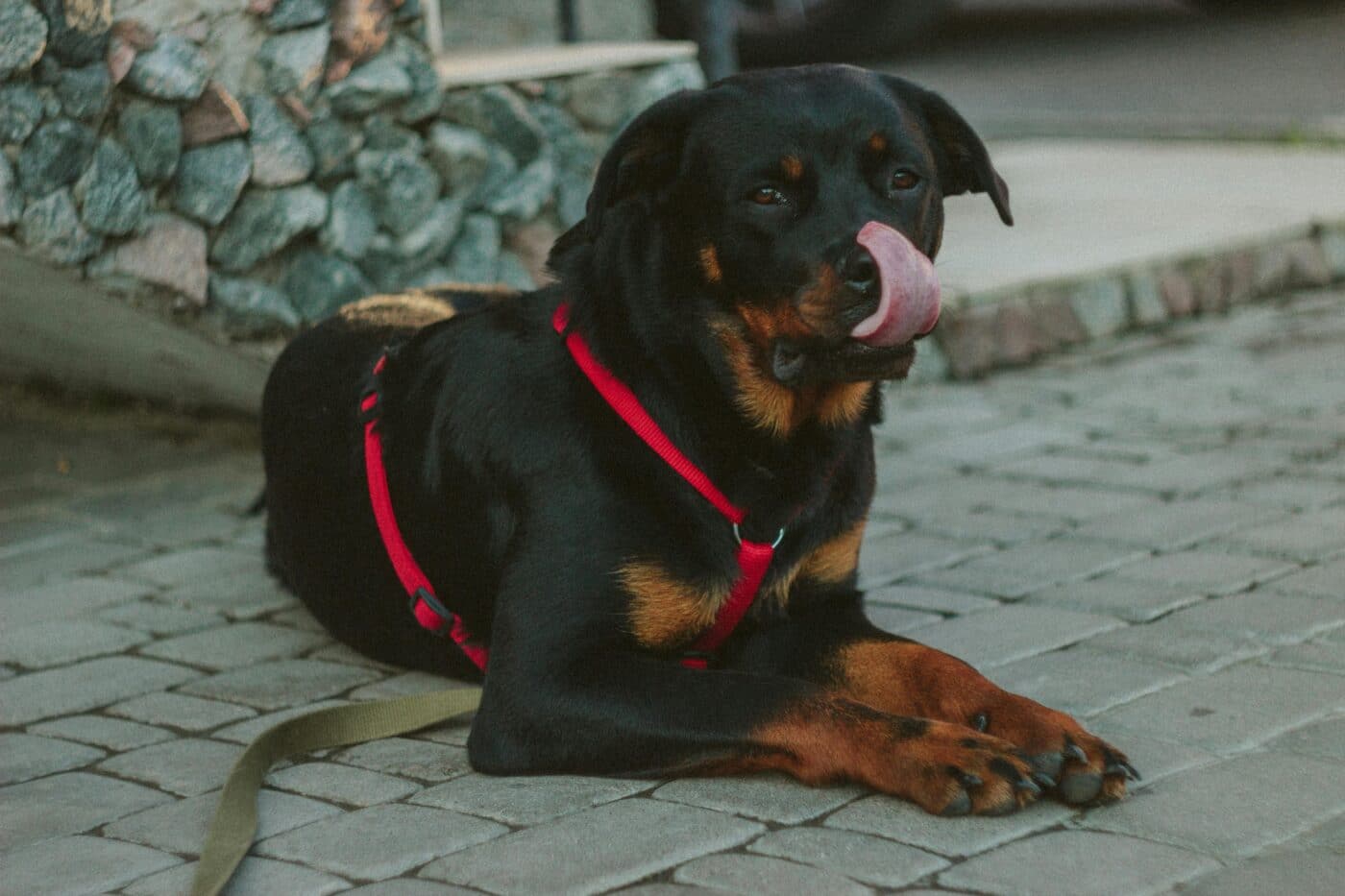 Shutterstock
Shutterstock
Rottweilers are naturally protective, making them excellent guard dogs, but they can be challenging in social situations. They are known to be wary of strangers; without proper training, this protective nature can turn into aggression. Teaching a Rottweiler when to be alert and relaxed, especially around new people or animals, is important. If you frequently have visitors or plan to take your dog to public places, you must teach them how to manage their protective instincts. A poorly trained Rottweiler can become overly defensive, making them a poor fit for more social households.
Can Be Expensive to Feed
 Shutterstock
Shutterstock
With their large size comes a large appetite, and feeding a Rottweiler can be expensive. They require high-quality food to maintain their muscle mass and overall health, which can increase over time. Rottweilers also benefit from supplements for joint health, especially as they age. If you’re on a tight budget, feeding and caring for a Rottweiler might be more than you’re prepared for. A healthy Rottweiler is a happy Rottweiler, and investing in their diet is essential to keeping them in top condition.
The Drama Of Owning A Rottie
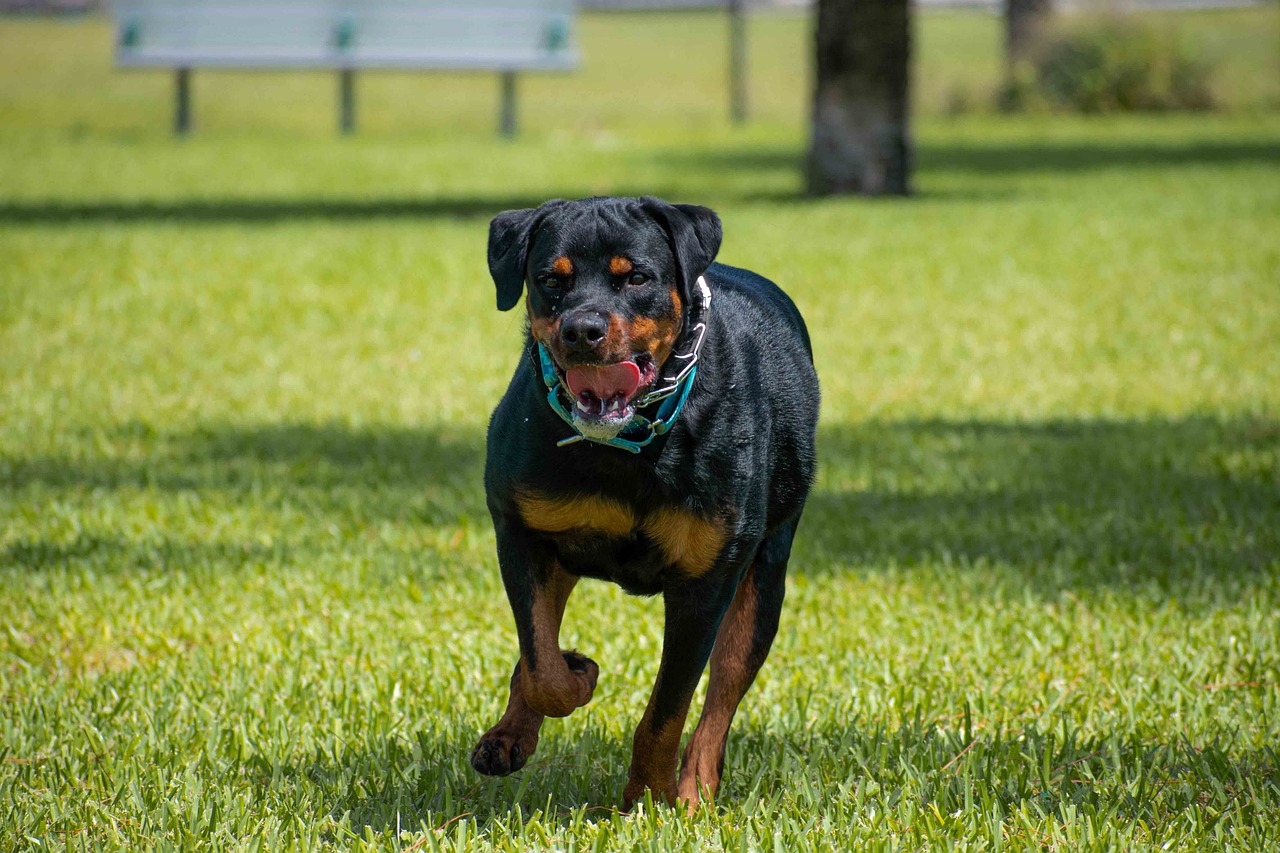 Shutterstock
Shutterstock
Living with a Rottweiler can feel like having a lovable, protective shadow that’s always one step behind you. These dogs are loyal to a fault and will stick by your side through thick and thin—sometimes literally leaning into you with all their weight! But you might be in over your head if you’re not ready for the exercise, training, and extra effort they require. Rottweilers are best suited for those who understand their needs and can give them the love and leadership they crave.

 1 month ago
10
1 month ago
10
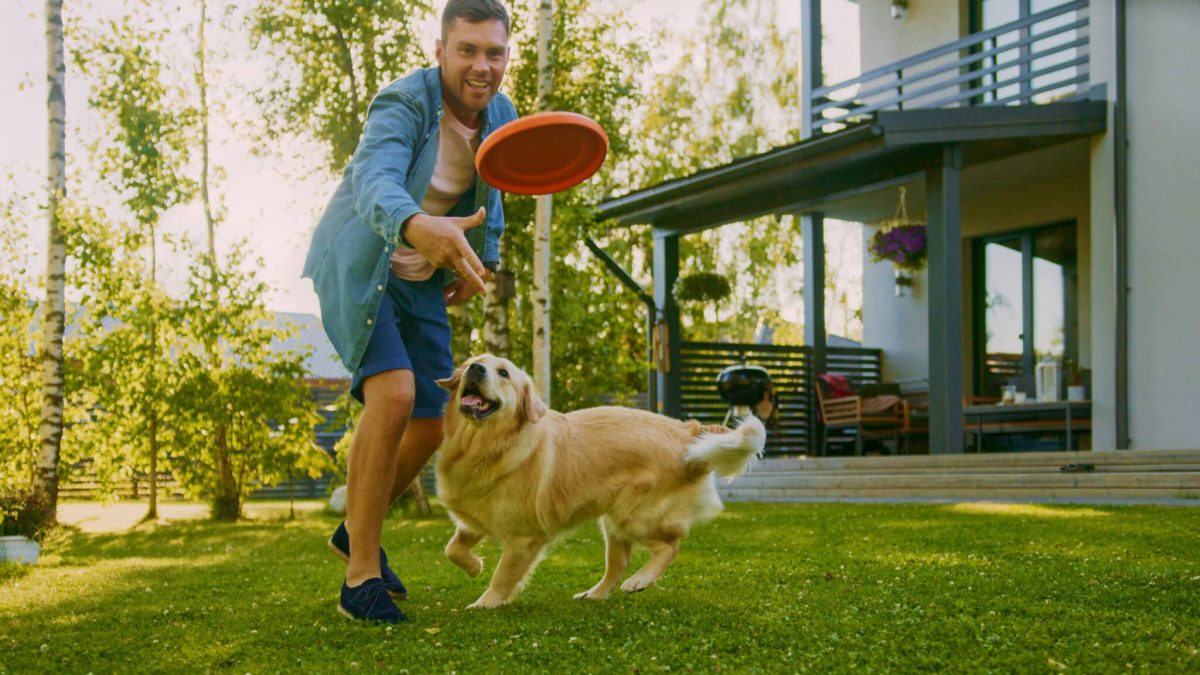
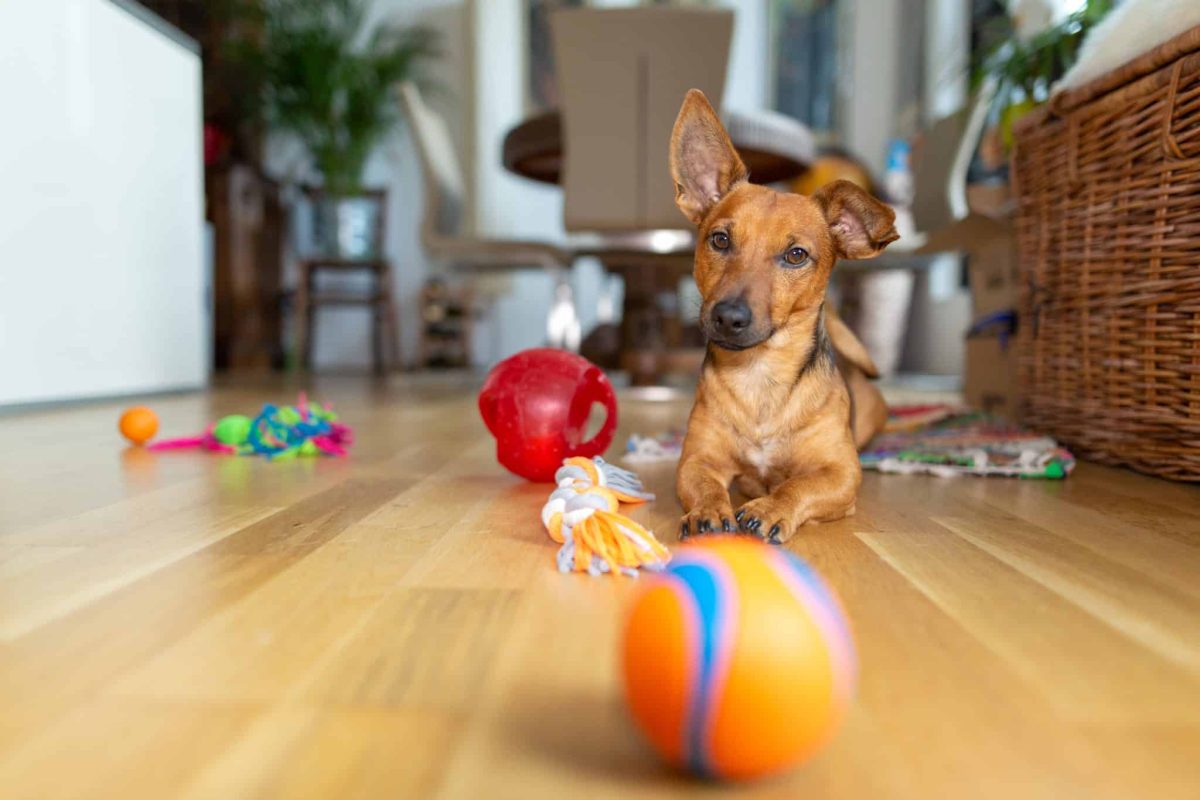
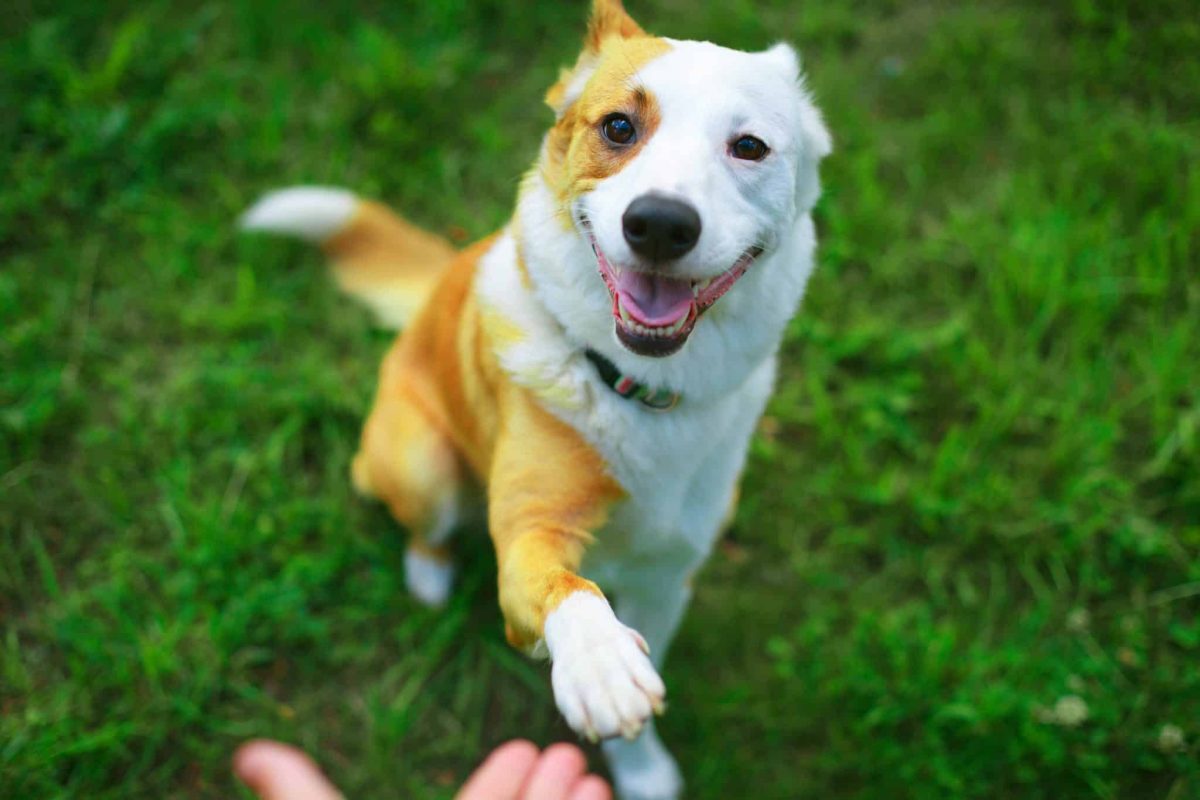

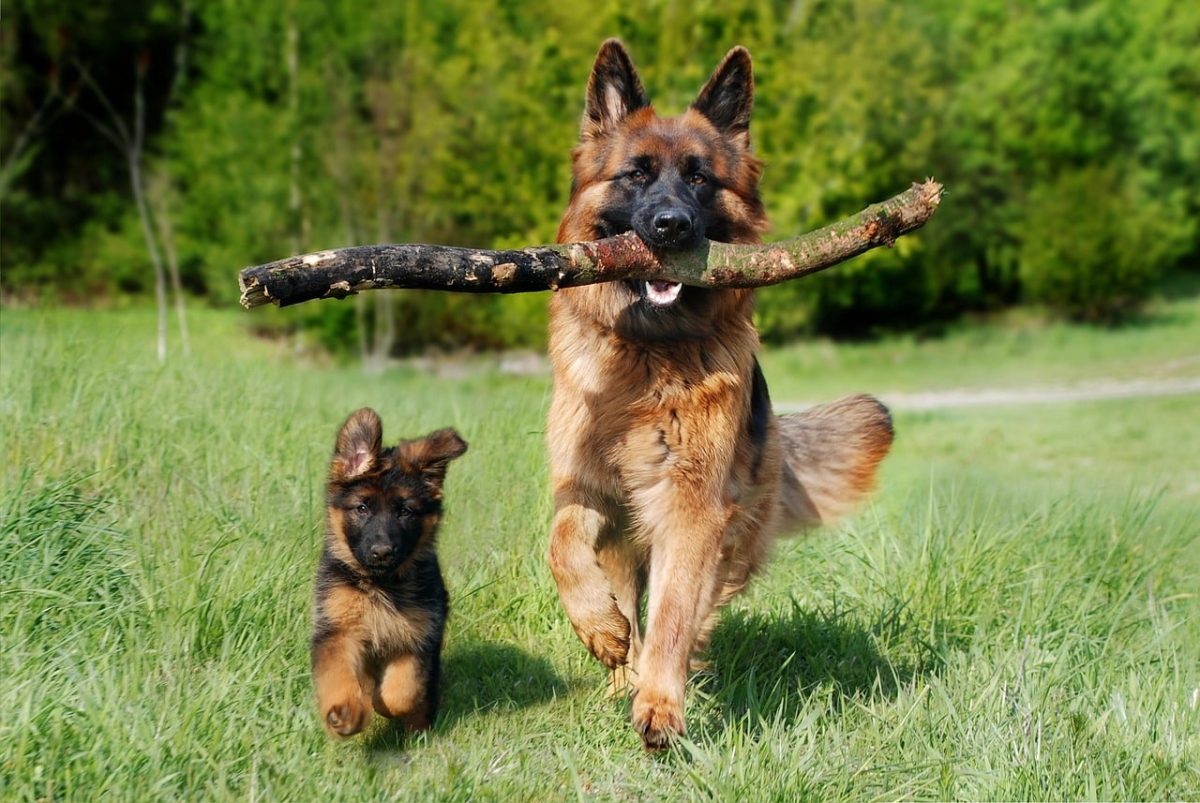

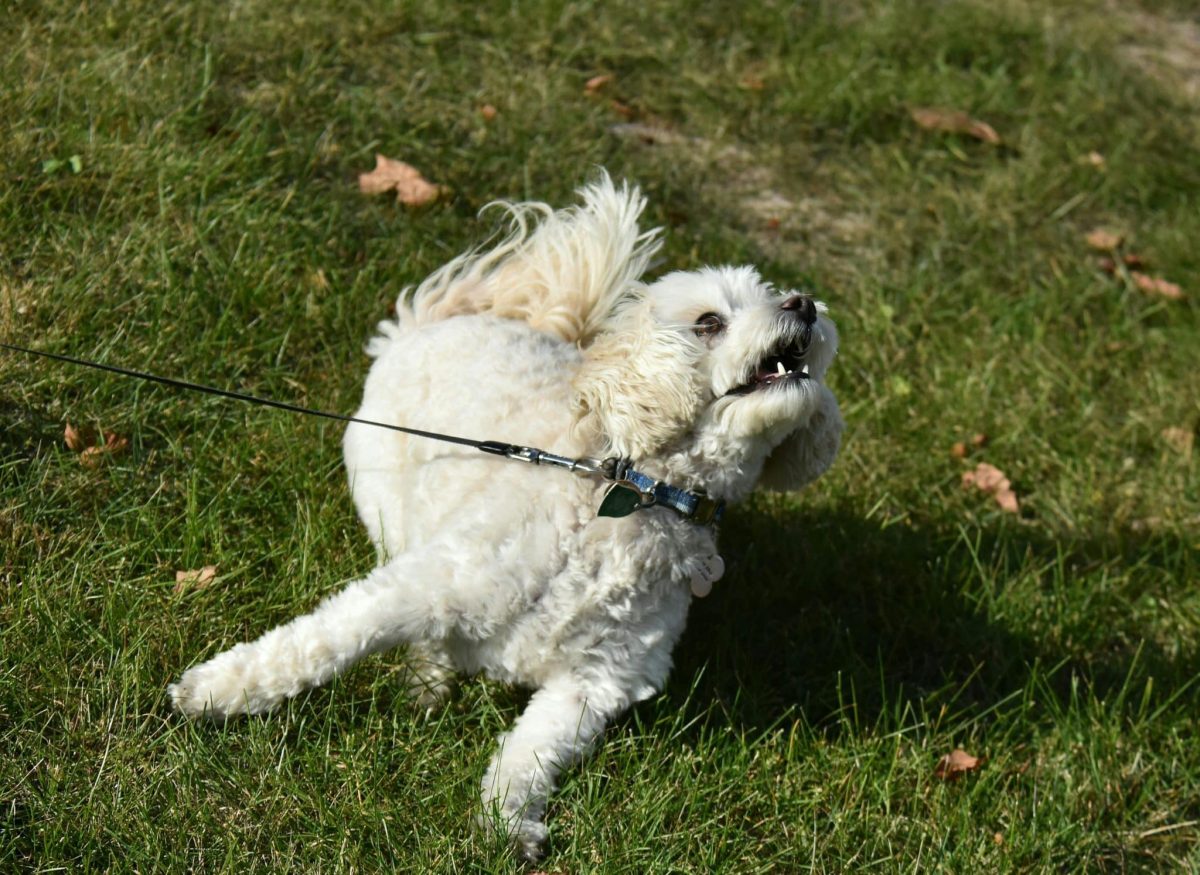



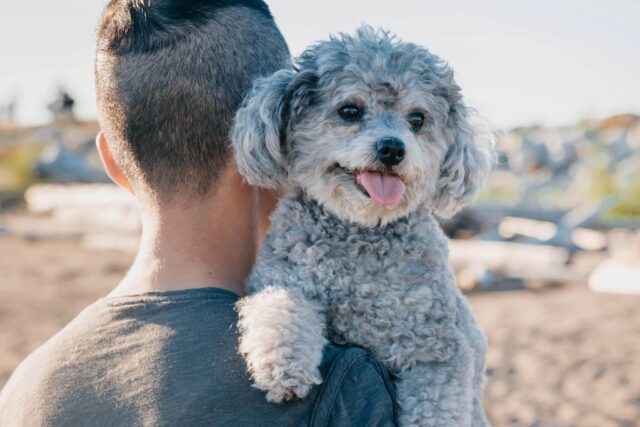
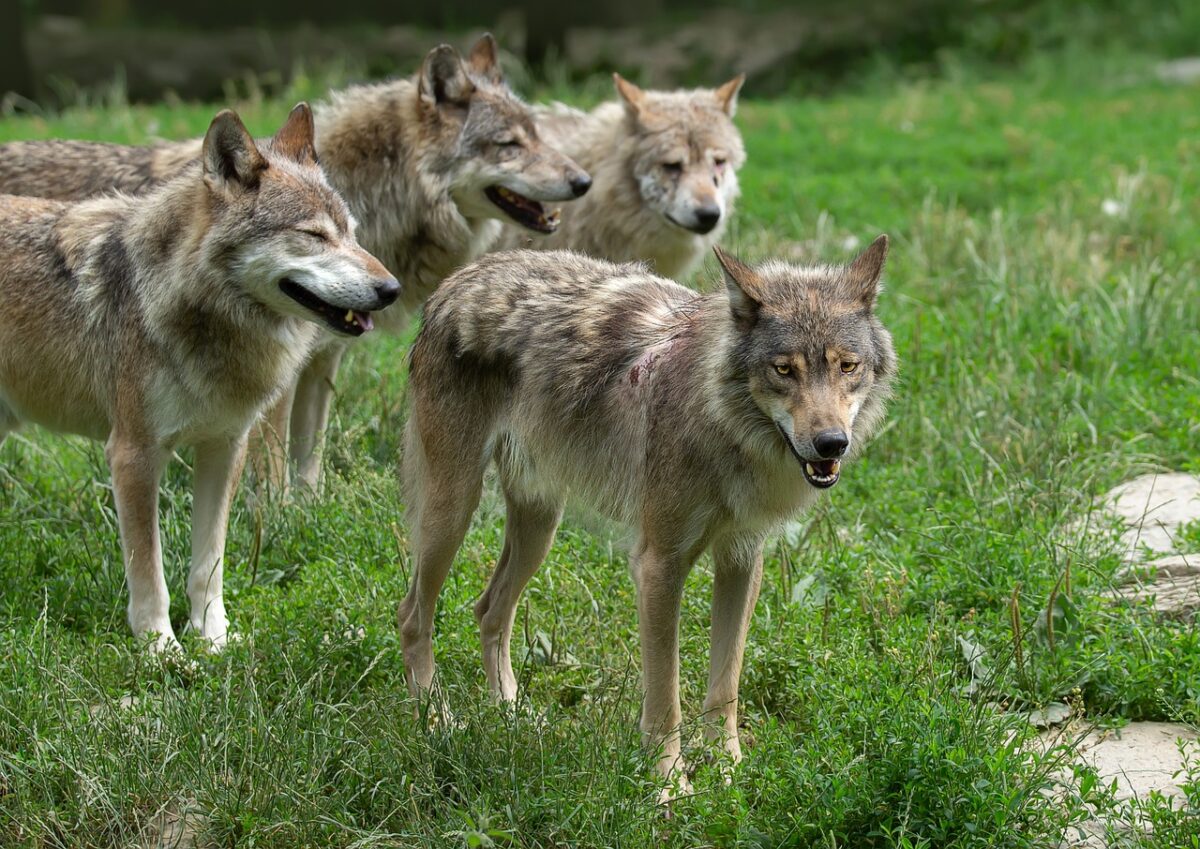
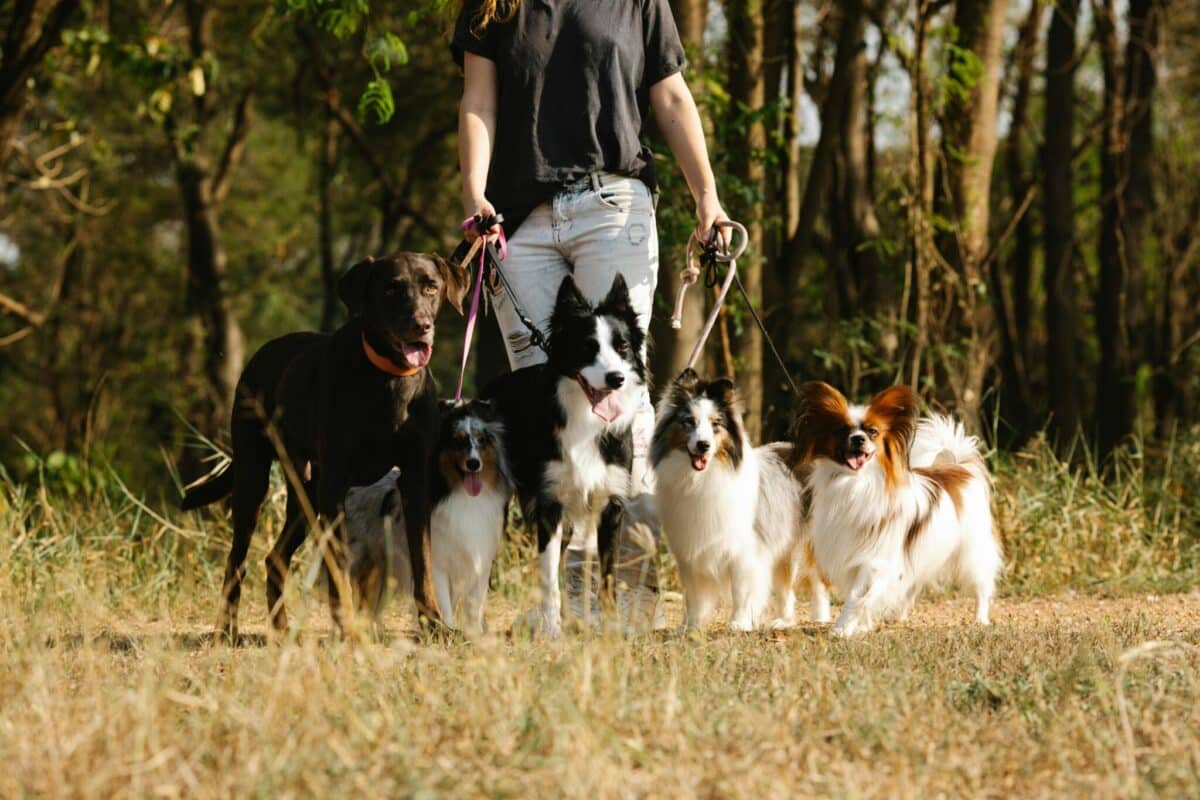

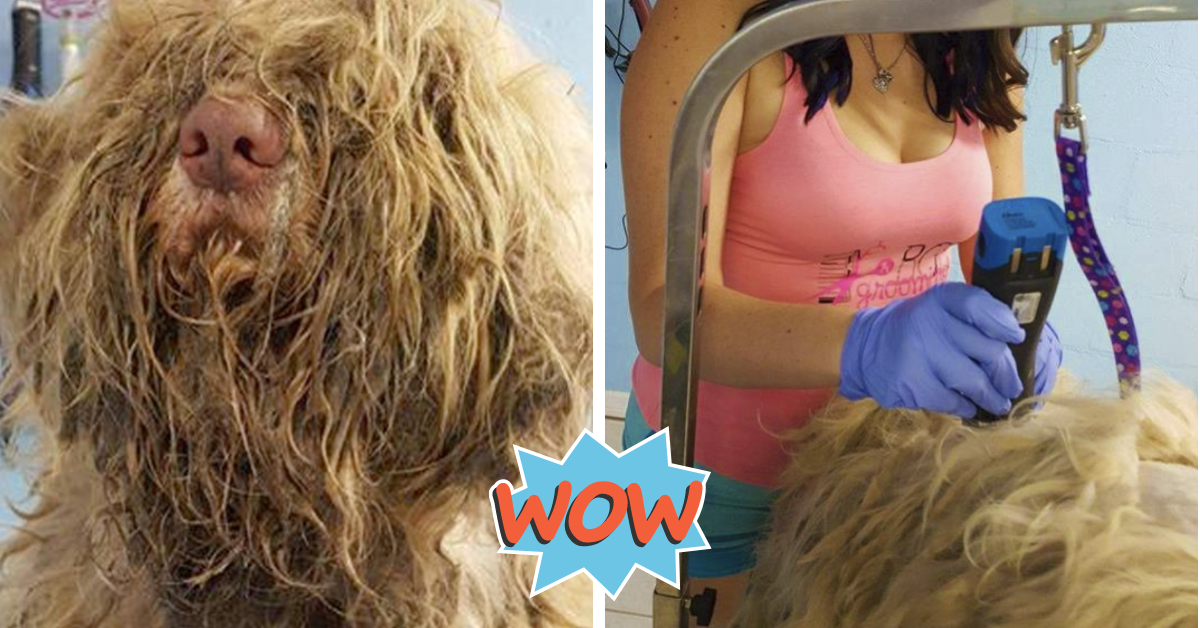

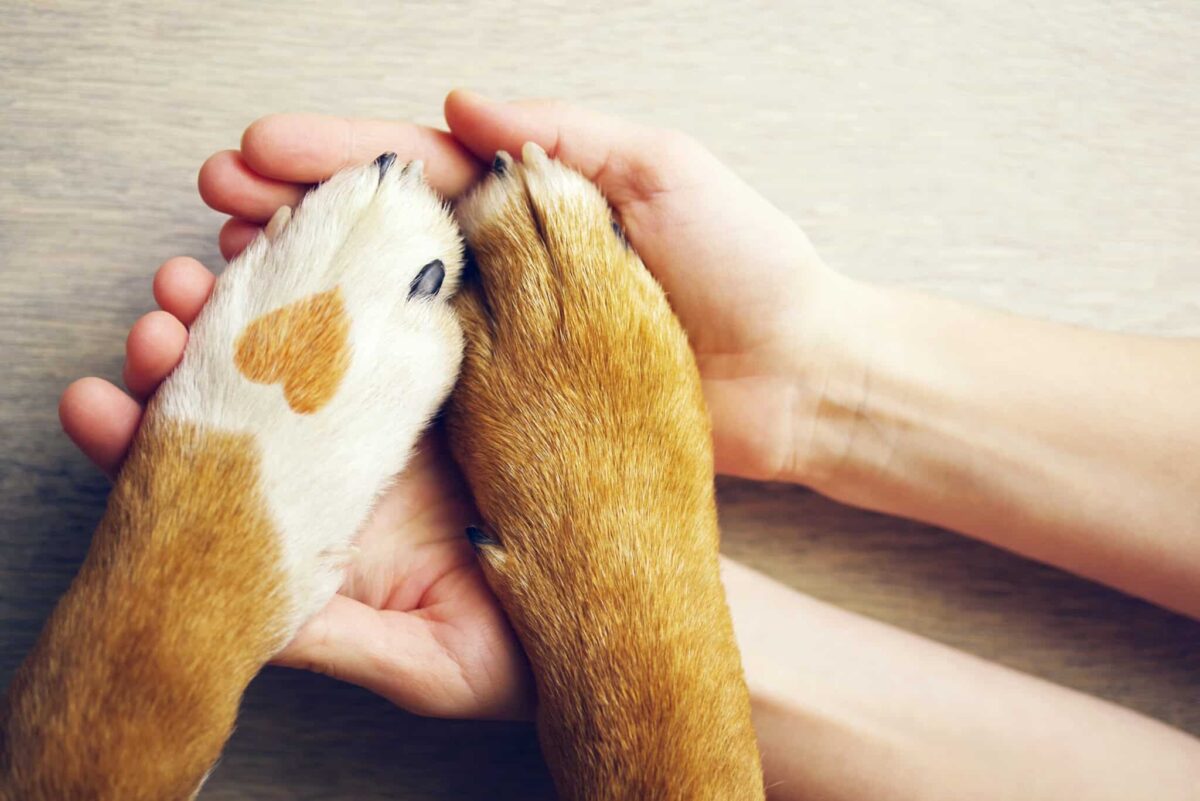
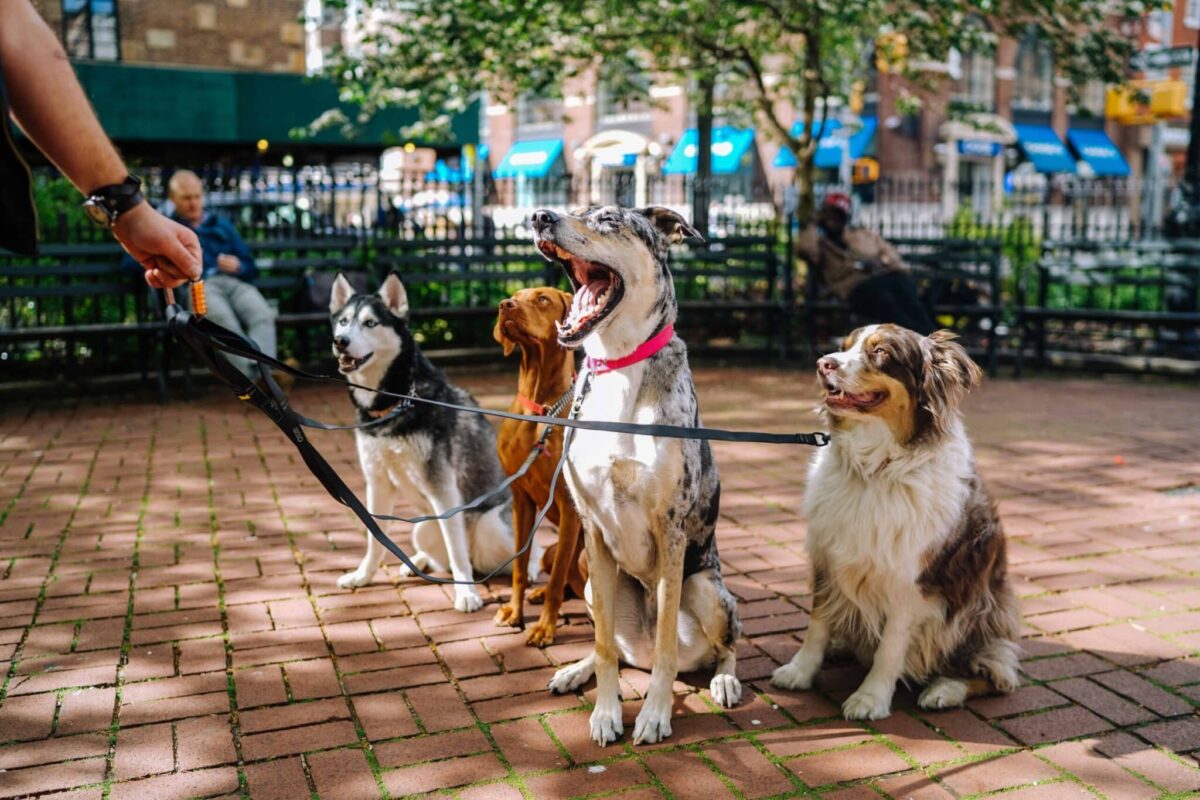
 English (US) ·
English (US) ·